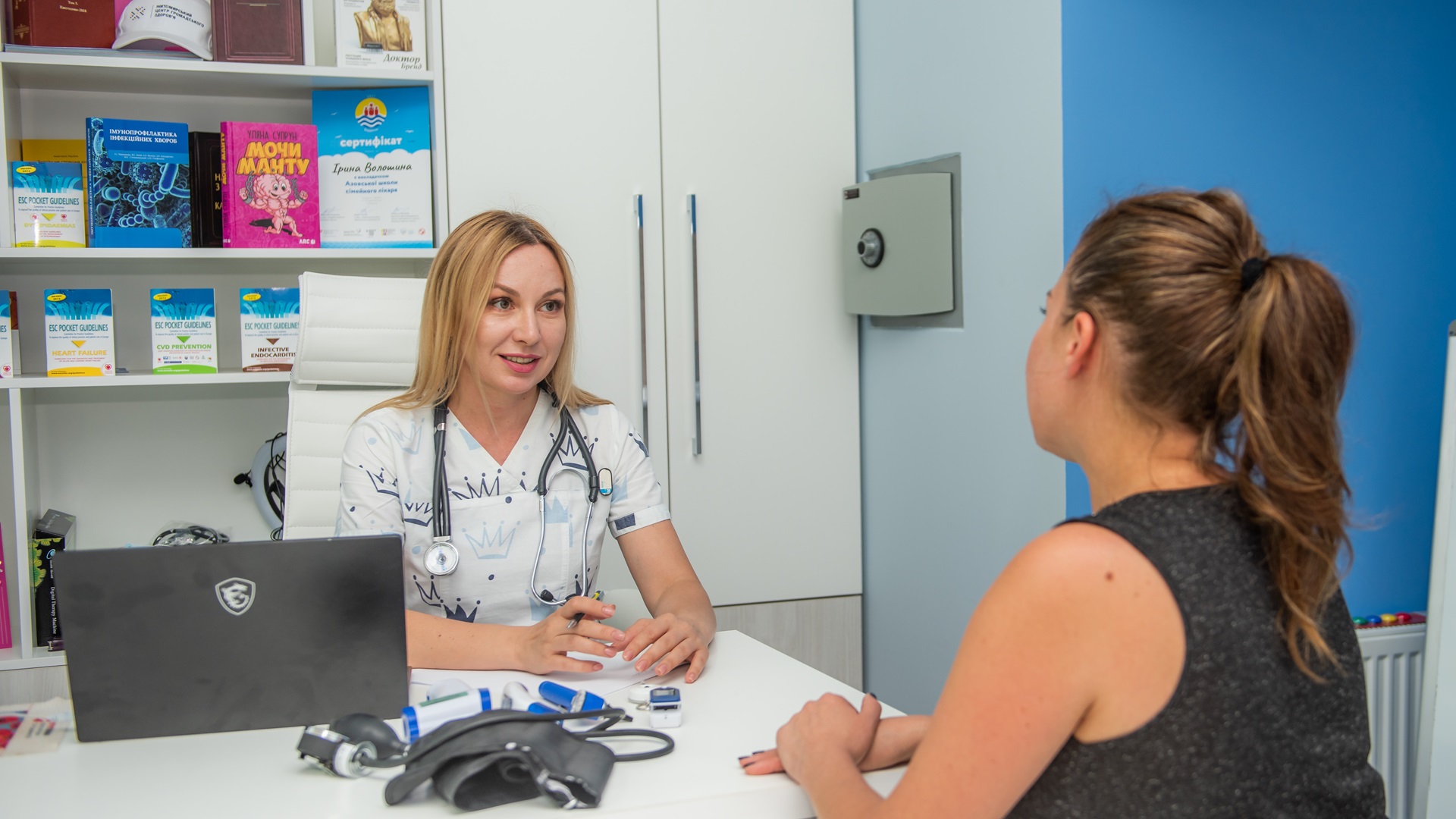Blog
Blog
Knowledgeable patients – are we ready for them? World Diabetes Day 2022

The prevalence of diabetes is increasing among people of all ages in the WHO European Region and is already affecting 10–12% of the population in certain Member States.
In a typical year, a person with diabetes may see a health care professional for just a few hours in total. For the thousands of remaining hours, they have to look after themselves. Increasingly, countries are using therapeutic patient education (TPE) to equip diabetes patients with the skills and knowledge they need to do this.
On average, a person with diabetes thinks about their disease every 20 minutes, every day of their life. It is not surprising therefore that there is an increasing appetite for people with diabetes to learn more about their condition, how to manage it, how to cope with the technology on which they rely, and how to make the best use of health care services. There are many treatments and interventions to manage diabetes, but they only work if the person with diabetes can manage their condition day to day with the support of carers and/or family members.
In response to this growing need for information and better self-care options, health care providers are developing TPE programmes, empowering patients and encouraging patient-centred care, involving people living with diabetes in the process and using learnings from their lived experience.
TPE can not only empower patients but can save health care providers time and money. “Time is always tight for clinicians and nurses,” says Professor Dr Karin Lange, Head of the Medical Psychology Unit at Hanover Medical School, where therapeutic education has been embedded into the medical curriculum for the last 15 years. “But when you educate patients well, you don’t need much time because they have fewer complications, less morbidity, and even a reduction in mortality.”
A role for the medical community in self-care
Involving diabetes patients in treatment has always been considered necessary, but health providers have sometimes taken different approaches, lacked the competencies required to deliver a thorough and serious programme, or regarded TPE as an optional extra to complement treatment – but this is changing.
“TPE is a powerful idea,” says Professor Mehmet Ungan, a Professor of Family Medicine in Türkiye and past President of the World Organization of Family Doctors. “I don’t know if the medical community is ready to handle this power. I don’t know if patients are either. It can be a challenge. It has to be built into doctors’ daily routines, how you treat each patient, depending on what staffing you have, and what expectations you and the patient have. We hope that TPE can be a central part of medical education everywhere; something which will be repeated throughout the career of all health care professionals and not treated as just a one-off exercise. It is too important for that.”
TPE trainings for both patients and professionals
Heath professionals can be trained in TPE at different levels, not only in medical schools but also in refresher courses, core training for new staff, and as part of lifelong training. Countries, regions or organizations wishing to rapidly expand access to TPE training programmes can also use a ‘training the trainer’ model of cascade learning. What health professionals learn – from how the words they use can affect a patient to how the patient can access wider health services – can help enable diabetes patients to self-manage their conditions, not only removing fear and worry but also reducing complications in their condition.
Patients’ TPE courses may also take different forms to fit a diverse set of needs. They can range from a mandatory 14-day course to train the parents of children newly diagnosed with diabetes; to a weekly evening course over 6 weeks, where patients discuss and decide what goals and interventions would improve their lives; to a programme that includes a monthly lecture delivered online by a diabetes specialist to a local self-help group.
WHO for health education and literacy
WHO/Europe is currently developing a Guide to Therapeutic Patient Education, to be published in early 2023. This will update a working paper on therapeutic education issued by WHO/Europe in 1998 and will reflect the significant changes in the evidence base and clinical practice in the field.
This year, for the first time ever, Member States have established global targets for diabetes coverage and the WHO Global Diabetes Compact makes a commitment to ‘health education and literacy’ as a workstream of the Compact in line with the World Diabetes Day 2022 theme of ‘access to diabetes education’.
Πηγή: who.int





